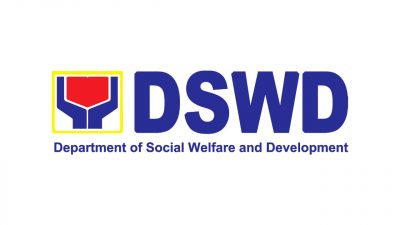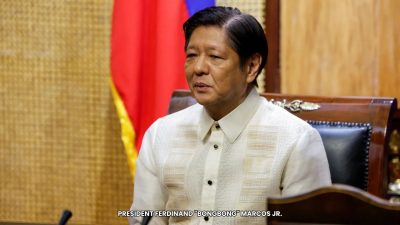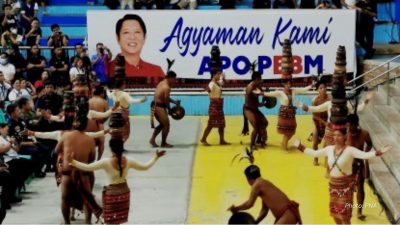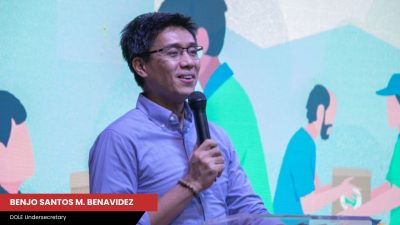LUNA, Apayao – Officials are hopeful that President Ferdinand R. Marcos Jr.’s attendance at the 36th Cordillera Day celebration on Saturday will brighten up prospects for the region’s quest for autonomy.
The Cordillera remains an administrative region since its creation in 1987. Two previous autonomy bid plebiscites failed.
“We are happy that our President, Bongbong Marcos, will come. We hope that this will be the time that the Autonomy bill will land on the table of the President and he will sign it,” Apayao Lone District Rep. Eleanor Bulut-Begtang said on Thursday.
An autonomous region allows the regional government to manage its affairs including that of the local governments, and identify its needs and produce the logistics needed to provide the services to the people.
The national government allots a fixed budget during the first five years of being an autonomous region.
An administrative region, meanwhile, is a regular region with the national government dictating what programs and projects will be implemented following the national government’s mandates.
For several years, the Regional Development Council (RDC) has been lobbying for the passage in Congress of another enabling law but to no avail.
A parallel move to inform and educate the communities on the gains of being an autonomous region had been drummed up while waiting for an enabling organic act.
Special holiday
Malacañan Palace has declared July 15 as a special non-working holiday in the region, covering the provinces of Abra, Apayao, Benguet, Ifugao, Kalinga, Mountain Province, and Baguio City, in celebration of the 36th anniversary of the creation of the Cordillera Administrative Region (CAR).
“It is but fitting and proper that the people of the CAR be given full opportunity to participate in the occasion and enjoy the celebration,” read Proclamation 250.
The proclamation was signed by Executive Secretary Lucas Bersamin, also a Cordilleran from Abra, on June 5. (PNA)






